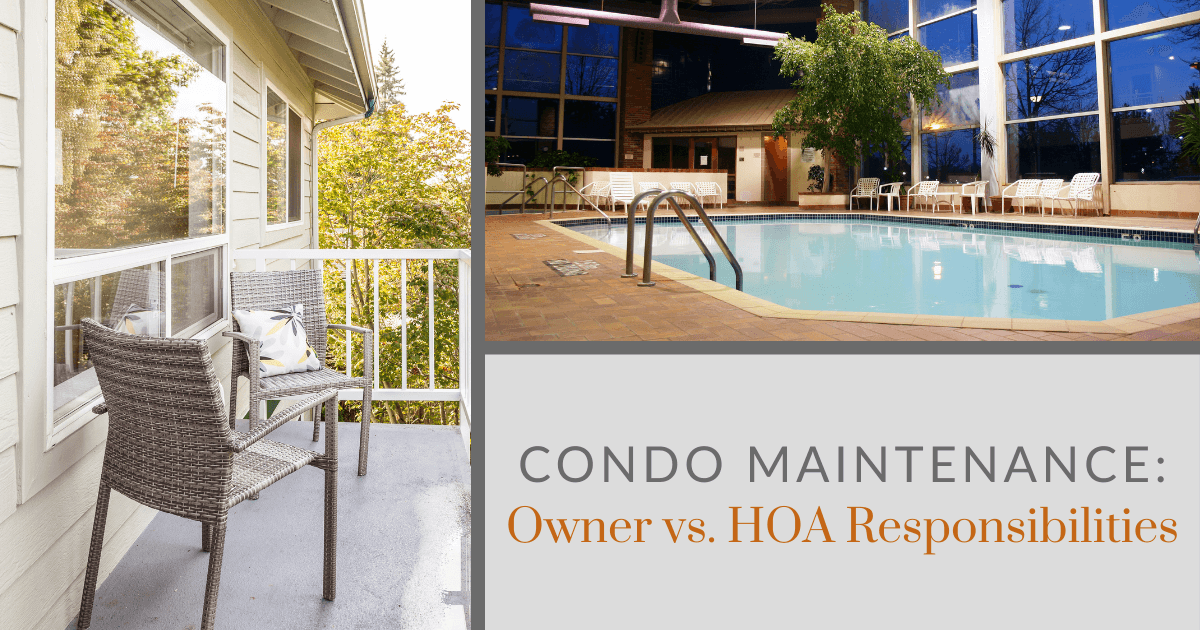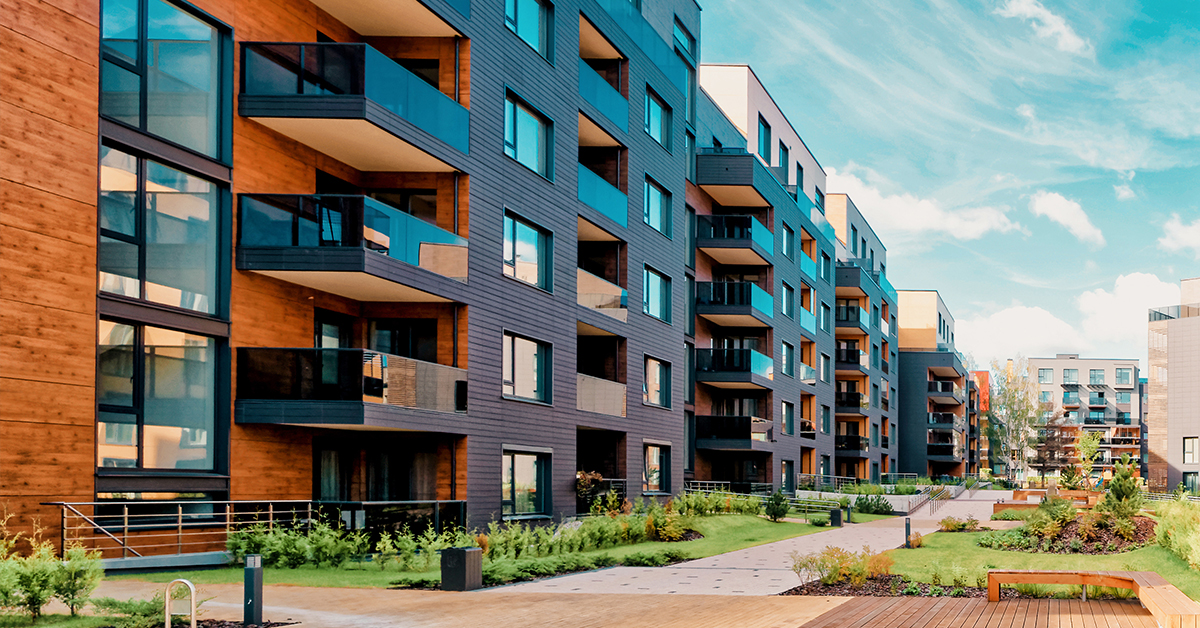Top Myths Regarding HOA Condo Life Debunked
Top Myths Regarding HOA Condo Life Debunked
Blog Article
The Role of an HOA in Developing and Enforcing Neighborhood Guidelines for Residents
The duty of a Homeowners Organization (HOA) in applying and establishing area standards is essential to maintaining a natural and orderly household environment. By formulating clear guidelines that control elements such as residential or commercial property upkeep and community conduct, the HOA not just establishes requirements for residents however likewise cultivates a feeling of belonging and accountability.
Understanding Homeowners Associations
Homeowners associations (HOAs) work as controling bodies for property communities, playing a crucial function in keeping home values and fostering a sense of neighborhood. Commonly developed by programmers, HOAs are made up of property owners within a marked location who choose a board to oversee the association's tasks. The key features of an HOA include applying community rules, taking care of common locations, and organizing neighborhood events.
HOAs run under a set of regulating documents, including conditions, commitments, and restrictions (CC&R s), which outline the civil liberties and duties of homeowners. These regulations intend to guarantee that properties are preserved to a particular requirement, thereby safeguarding the aesthetic allure and general value of the area. Furthermore, HOAs typically gather fees from home owners to money maintenance, landscaping, and various other neighborhood services.
The existence of an HOA can significantly influence the living experience within a neighborhood (hoa condo). While some homeowners appreciate the organized setting and services given, others might locate specific regulations limiting. Stabilizing the passions of all home owners is important for an HOA to operate successfully, guaranteeing that it offers its designated objective of improving area living while appreciating private house owner legal rights
Developing Neighborhood Standards

To begin, an HOA should conduct studies or hold conferences that allow citizens to articulate their concerns and recommendations. This participatory procedure fosters a sense of possession and increases compliance. Next, the HOA board need to assess the comments to identify typical styles and top priorities that necessitate official inclusion in the standards.
It is likewise important to make certain that the guidelines are clear, concise, and quickly recognized. Obscurities can cause conflicts and misunderstandings, undermining the objective of the standards. Furthermore, the guidelines should be detailed, covering numerous facets of community living, consisting of home maintenance, sound levels, and use common areas.
Enforcement of Guidelines
Reliable enforcement of neighborhood rules is vital for preserving order and making sure that all citizens stick to the established guidelines. An HOA has to apply a structured technique to impose these laws, which often involves a combination of tracking, interaction, and penalties for non-compliance.
First, routine inspections and community patrols can aid recognize infractions, guaranteeing that regulations are continually applied across the community. This proactive surveillance allows the HOA to attend to problems prior to they escalate, cultivating a sense of liability among homeowners.
Second, clear communication is necessary. Residents ought to be notified of the regulations and the treatments for reporting offenses. An open line of interaction encourages locals to voice problems and look for clarification on guidelines, which can boost conformity.

Finally, when violations take place, the HOA should impose effects as outlined in the controling documents. By effectively imposing guidelines, an HOA can grow a harmonious living atmosphere that mirrors the cumulative values of its homeowners.
Benefits of HOA Regulations
Many advantages arise from the execution of HOA laws, which serve to improve the top quality of life within a community. One Visit Your URL key benefit is the maintenance of building values. By enforcing standards for aesthetics and maintenance, HOAs make sure that homes and typical areas continue to be eye-catching, cultivating a preferable living environment that can result in raised residential or commercial property values gradually.
Furthermore, HOA guidelines promote uniformity and harmony within the community. This coherence in layout and maintenance helps to develop a feeling of belonging amongst homeowners, adding to neighborhood pride and a favorable environment. Developed guidelines facilitate conflict resolution amongst next-door neighbors by offering clear assumptions and protocols for habits, thus reducing disagreements.
Another considerable benefit is the provision of common amenities and solutions. Many HOAs handle community centers such as parks, swimming pools, and clubs, which enhance leisure chances for homeowners. These features not only enhance the lifestyle but also encourage social communication.
Eventually, the laws stated by an HOA grow a well-organized, harmonious neighborhood, making certain that homeowners enjoy a high requirement of living while fostering a helpful setting for all home owners.
Usual Difficulties Dealt With by HOAs
Among the benefits that house owners organizations (HOAs) can supply, they additionally experience a variety of difficulties that can hinder their performance. Numerous house owners may not get involved in conferences or area activities, leading to a disconnect between the HOA board and residents.
Disputes can develop when residents really feel that enforcement is irregular or prejudiced, potentially leading to problems within the area. Additionally, HOAs typically face monetary restrictions, which can restrict their capability to preserve typical locations or fund neighborhood tasks.
Moreover, browsing lawful complexities can be discouraging for HOAs. They should make certain conformity with state laws while handling their own regulating records, which can be a source of complication. Changing demographics and advancing community needs require HOAs to adapt their standards, typically meeting resistance from enduring citizens who are accustomed to their website typical norms. Resolving these challenges is important for cultivating a harmonious and successful community.
Final Thought

By creating clear regulations that control elements such as building upkeep and community conduct, the HOA not just establishes requirements for locals yet additionally promotes a sense of belonging and accountability.Homeowners organizations (HOAs) serve as governing bodies for residential neighborhoods, playing an important role in maintaining property worths Discover More and cultivating a feeling of neighborhood. Lots of house owners may not participate in meetings or community activities, leading to a detach in between the HOA board and locals. Progressing and transforming demographics community needs need HOAs to adjust their guidelines, usually satisfying resistance from long-standing residents that are accustomed to conventional standards. Through the advancement of clear policies and constant enforcement, HOAs advertise property upkeep, neighborhood satisfaction, and count on amongst locals.
Report this page